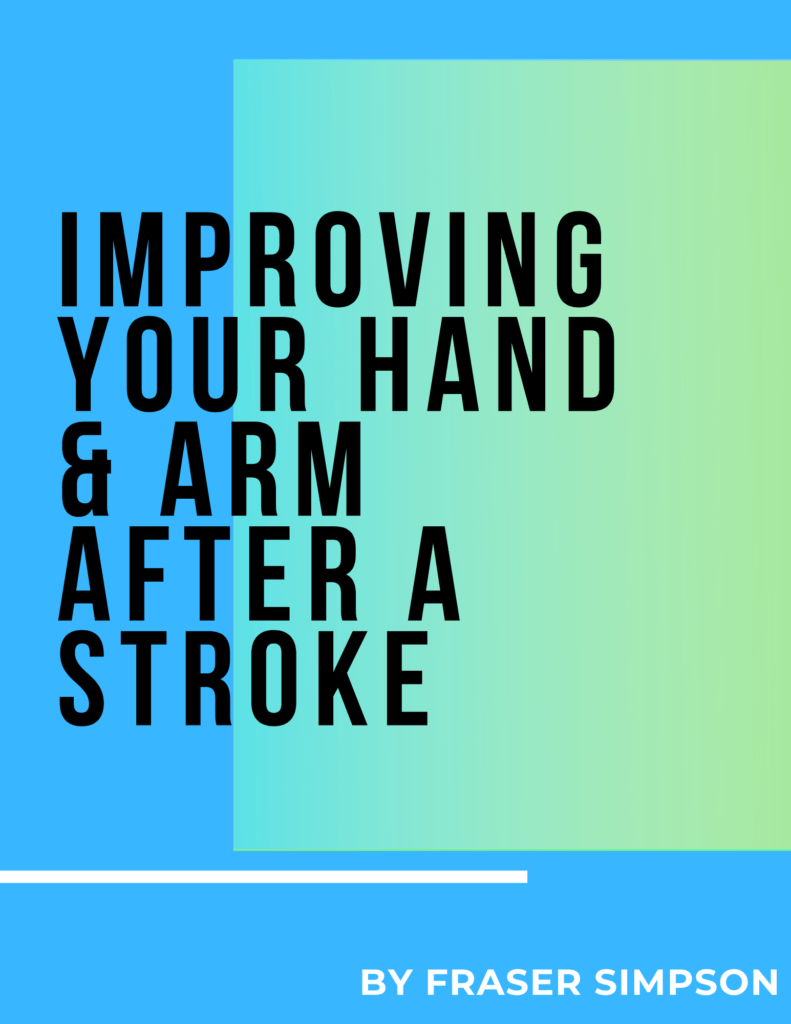By Andy Caldow
What is fatigue?
Fatigue refers to mental or physical exhaustion that stops a person from being able to function normally. It is more than simply feeling tired or drowsy. Fatigue is caused by prolonged periods of physical and/or mental exertion without enough time to rest and recover.
Fatigue is generally caused by:
- spending long periods of time awake
- having an inadequate amount and/or quality of sleep over an extended period.
Fatigue can be a major source of stress on our bodies and fatigue can significantly affect how we function on a day-to-day basis.
What causes fatigue?
While fatigue is generally caused by lack of sleep or poor-quality sleep, there are several related factors that can contribute to its development.
- Stress
- Poor balance between increased activity without adequate rest
- Heavy family and social obligations
- High level of community activities Emotional issues (for example, relationship pressures)
- Age
- Poor health and fitness levels
What can I do about it?
Below is some tips to help with managing fatigue.
| Personal factors affecting sleep | -Avoid excessive alcohol as this can disturb your sleep. -Avoid caffeine a few hours before bed. |
| Medical conditions affecting sleep, such as sleep apnoea | -Seek medical advice. |
| Poor sleep environment | -Install heavy curtains that keep the light out. -Reduce the volume of the telephone and the television – don’t keep them in the bedroom. -Keep the bedroom cool. |
| Poor sleep practices (e.g. watching television in bed, drinking coffee or alcohol or eating a heavy meal before going to bed) | -Get into a routine for going to sleep (e.g. take a warm shower or relaxing bath before going to bed, listen to soothing music). -Avoid heavy meals, alcohol and tea or coffee before going to bed. |
| Hectic family/social life | -Plan your family/social activities and ensure you get sufficient rest. |
If you would like more advice, please speak to the team to help implement these tips into your routine.



